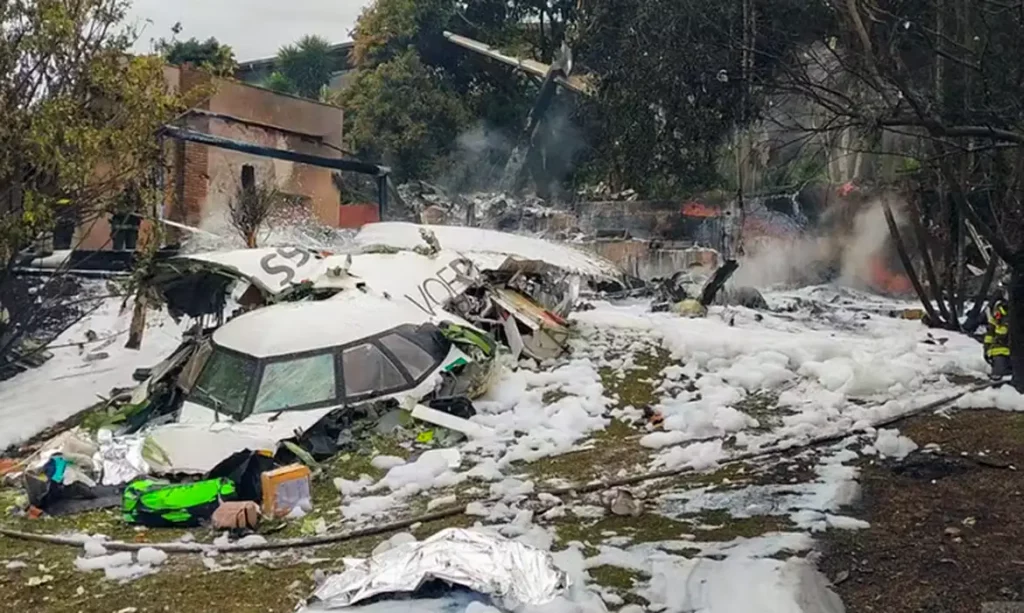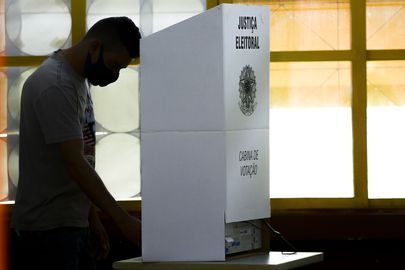From worsening extreme weather events to emerging disease outbreaks, the world faces escalating challenges. The World Meteorological Organization predicts a 70% probability that global average temperatures will exceed critical thresholds between 2025 and 2029. Prolonged heatwaves, intense rainfall, severe droughts, and more frequent wildfires are expected to intensify. Fortunately, technology has the potential to mitigate some of these risks.
For instance, AI models can improve flood prediction and preparedness, while visual recognition tools enable real-time crop monitoring. Similarly, data analytics can track population health trends, providing early warnings for potential disease outbreaks.
This year, Horasis—an independent Swiss-based international think tank—will convene in Brazil to address global challenges through collaborative solutions. For nearly two decades, Horasis has brought together top business leaders, policymakers, and heads of state from across the globe. The upcoming Horasis Global Meeting, scheduled for October 7–10 in São Paulo, marks only the second time the event has been held in South America.
Leveraging AI and digital transformation

To harness AI and digital technologies for positive change, immediate action in computational resource deployment is critical. One example of innovation in this space is Intelligent Engineering, a concept championed by Dr. Ranjit Tinaikar, CEO of Ness Digital Engineering (Ness). Building on established software methodologies, this approach integrates AI and big data analytics to streamline software development cycles.
As a full-lifecycle digital engineering firm, Ness Digital Engineering has firsthand experience working with water management providers, edtech companies, and other industries to drive efficiency. Ness has observed that slow release cycles often hinder progress—a challenge Intelligent Engineering aims to solve.
According to Dr. Tinaikar, “Intelligent Engineering leverages data, AI, and automation to enhance engineering productivity.” By eliminating inefficiencies like idle time, it accelerates product launches without sacrificing quality. Such solutions could redefine software development, making it faster and more resource-efficient—key factors in tackling complex global problems.
Last year, Dr. Tinaikar joined Horasis’s advisory board, contributing his expertise to shape next-generation software strategies. As industries navigate an era of digital transformation, approaches like Intelligent Engineering may prove vital in delivering faster, more sustainable innovation.









